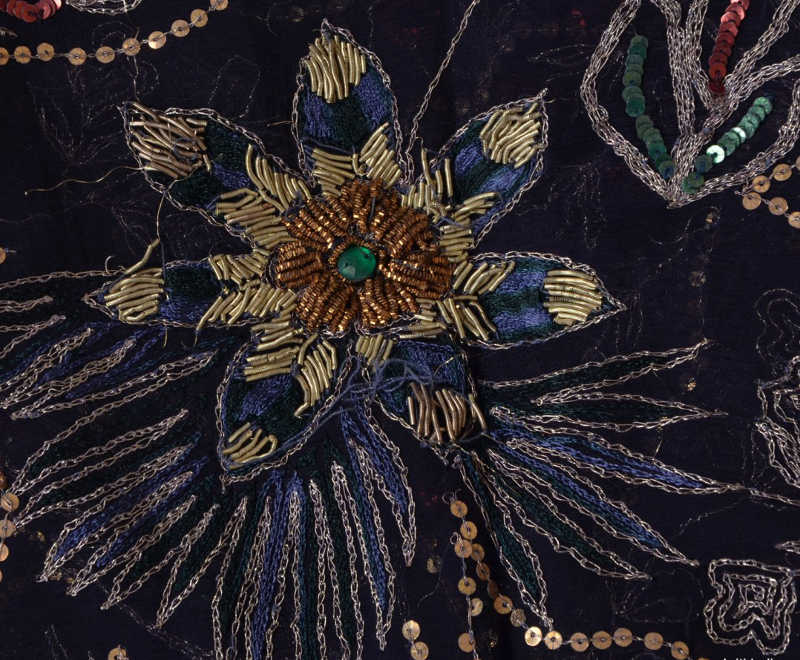===
0757,
4
===

=== |
 |
safedī : 'Whiteness; whiting, whitewash; white of an egg; morning light, dawn'. (Platts p.662)
FWP:
SETS == OPPOSITES
MOTIFS
NAMES
TERMSFor discussion of textual problems in this ghazal, see {757,1}. I have used the kulliyat text rather than the one given in SSA. SRF however is using the SSA version of the first line: yih shab-e hijr sar kare nah rahe .